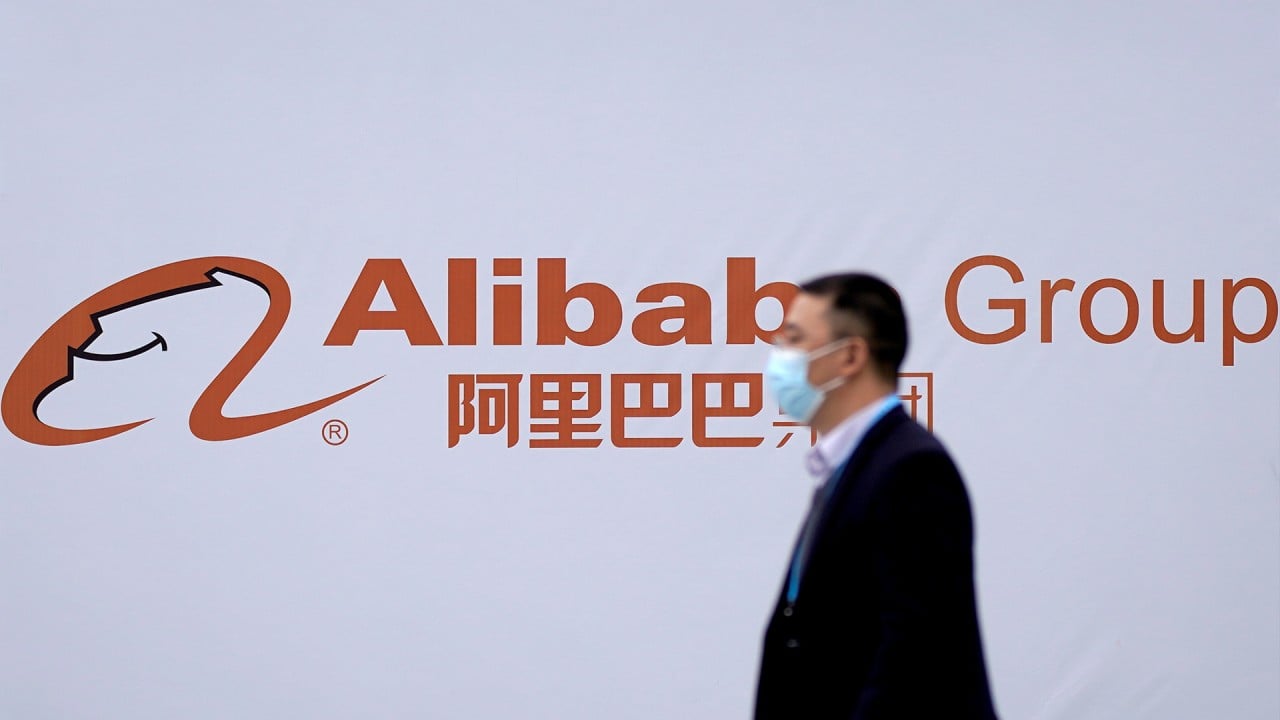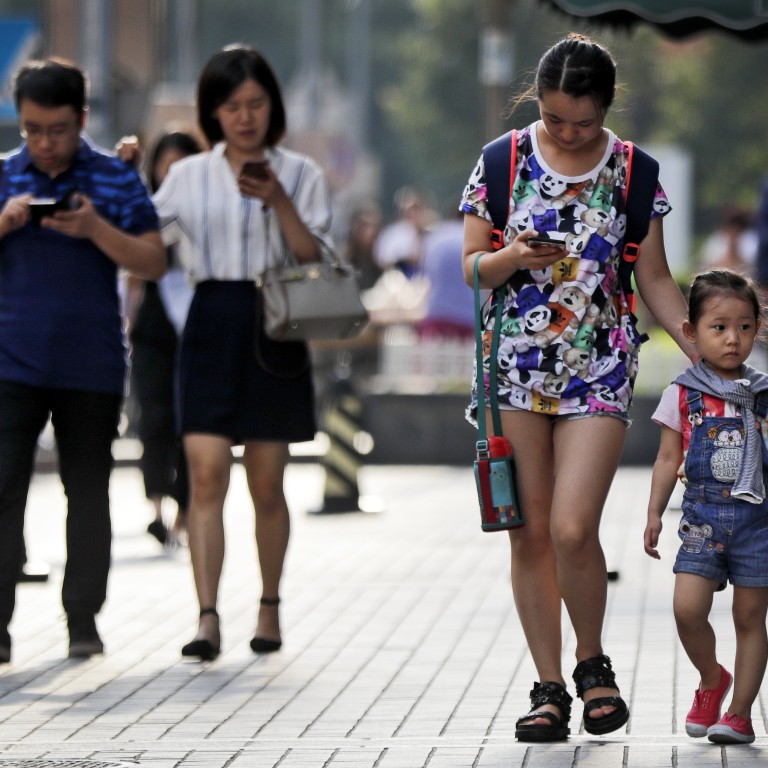
Tencent, JD and dozens of Chinese tech firms ordered to ‘learn from Alibaba’ as antitrust regulator keeps foot on crackdown pedal
- Regulators ordered 34 companies including Pinduoduo, JD.com, Kuaishou, Bilibili and Didi to conduct a ‘comprehensive self-inspection’ within a month
- Regulatory scrutiny is one factor weighing on Chinese technology stocks in the US and Hong Kong
China’s regulators hauled in 34 of the country’s largest technology companies, with a combined value that surpassed the UK’s economy, for a haranguing on Tuesday, as the government widened the scope and upped the ante on its crackdown on Big Tech.
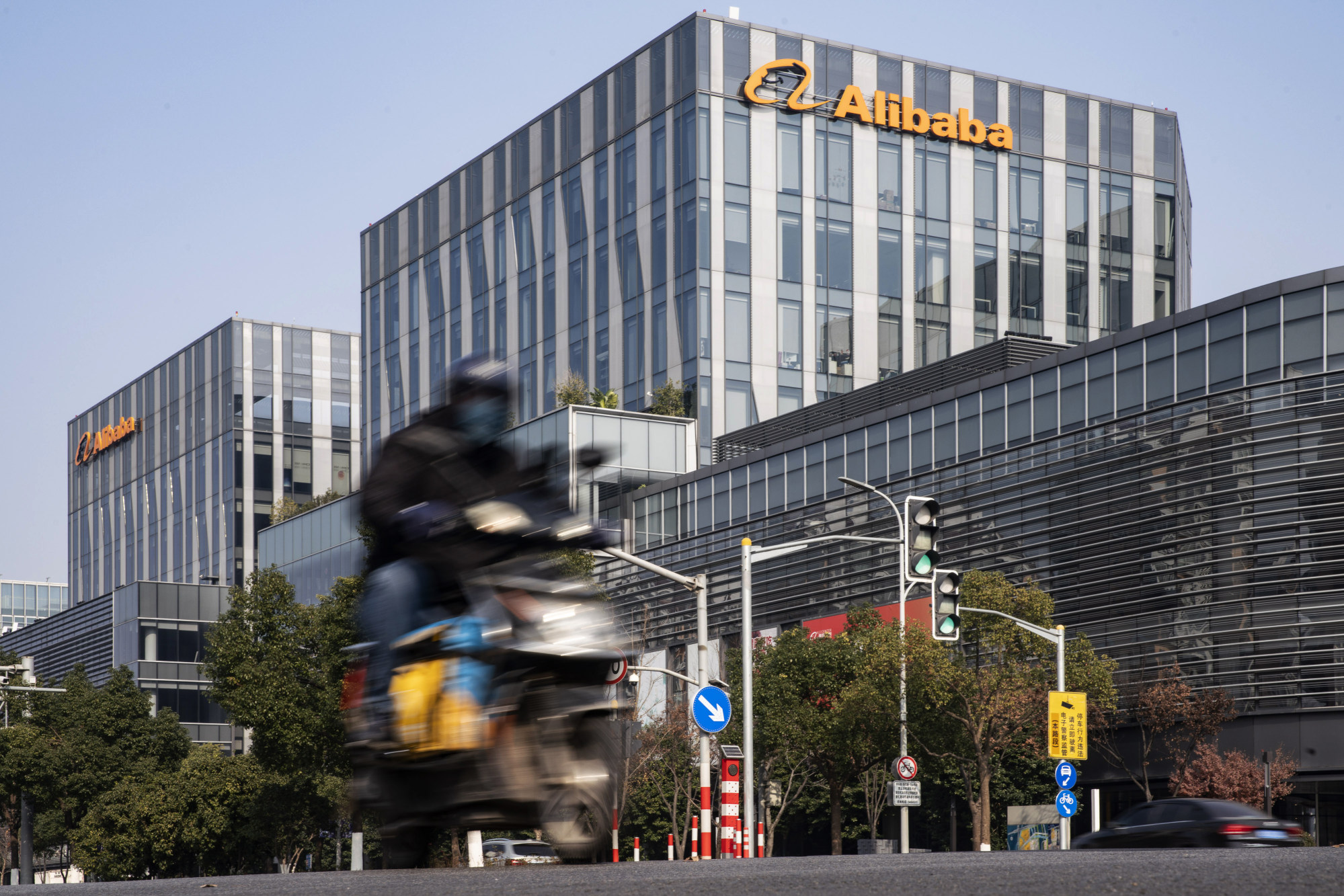
“Regulatory lines can’t be crossed and red lines of laws can’t be touched,” the SAMR statement read.
SAMR said it would carry out follow-up checks after the rectification period and those that failed to address misconduct would be “severely” punished.
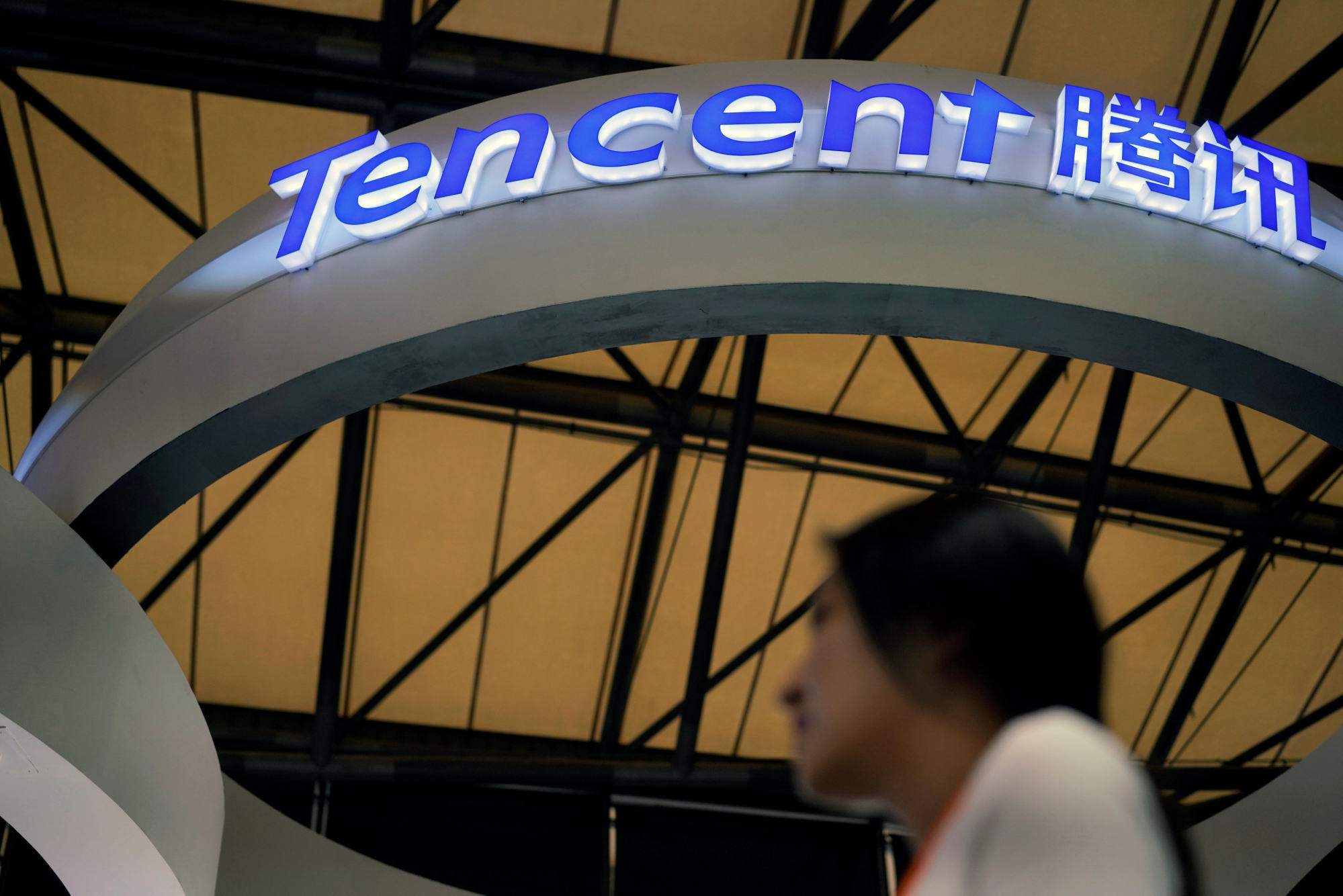
The firms, which also include the online shopping site VIPshop, the food delivery and produce platforms Ele.me and Dingdong Maicai, were warned that Beijing would not show any leeway when it came to misconduct.
These redlined behaviour included forcing merchants to pick one platform, abusing dominant market position, making hostile bids to acquire top players in specific market segments, misusing big data to charge unfair pricing to certain clients, turning a blind eye to inferior quality products, leaking customer data, as well as evading tax payments.
Forcing merchants to “pick one from two” was regarded as misconduct that caused “huge harm” and must be “rooted out”, according to the statement.
“This move strikes at the root of the problem,” said Zhao Ye, a partner and antitrust specialist at Beijing-based law firm Jingtian & Gongcheng. “Not only giant companies like Alibaba, but small companies too, cannot implement the ‘picking one from two’ approach,” he said, adding that the meeting showed Beijing’s determination to bring the internet industry under control. “It’s not clear who is going to be punished next, but in terms of who is going to be regulated next, it is very clear: every company in the [internet] sector.”
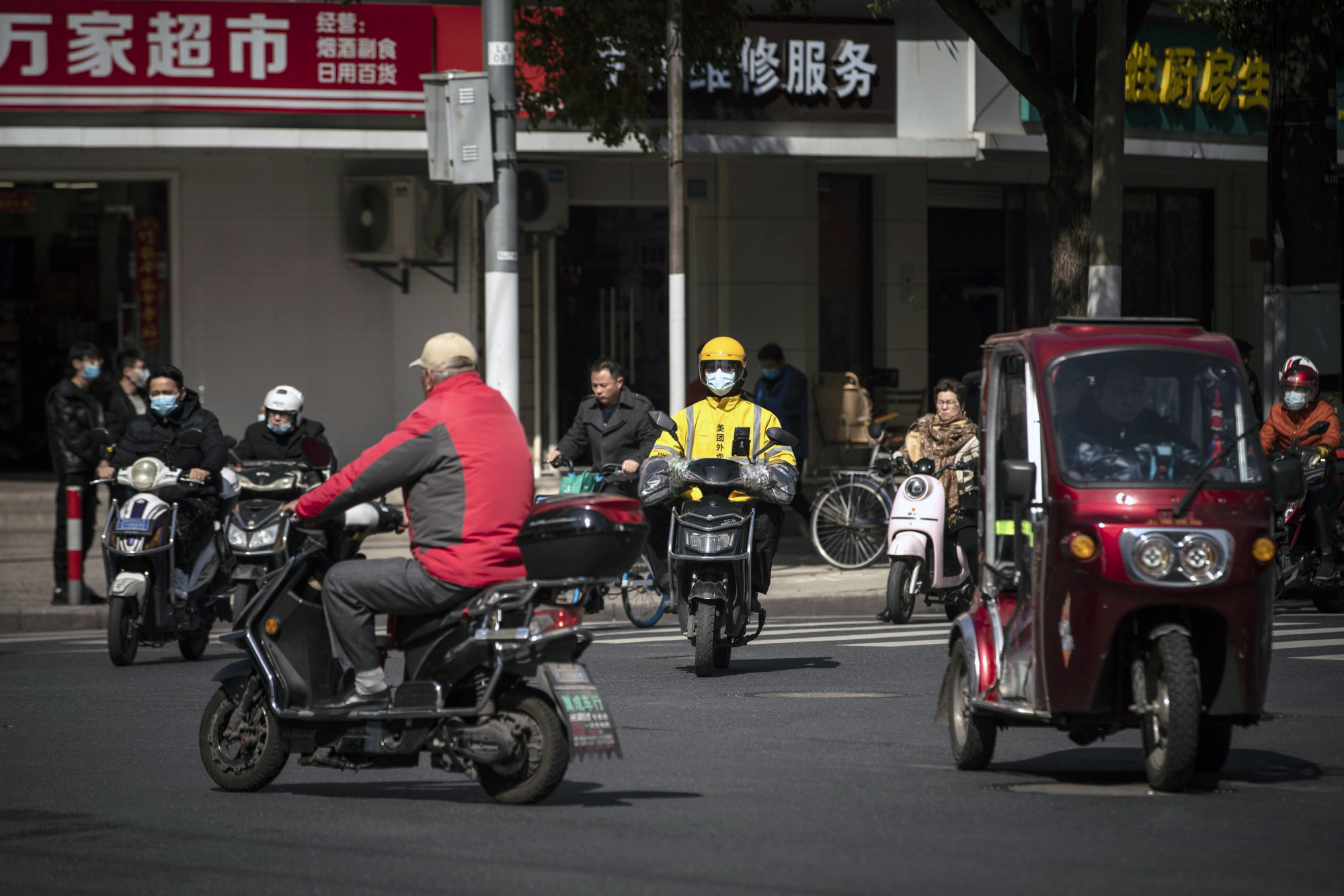
The 34 internet service providers, many of which are listed in the US and Hong Kong, were told to “enhance their sense of responsibility and give priority to national interests.”
“You must strictly avoid disorderly expansion of capital to ensure China’s economic and social security, and you must strictly avoid disorderly monopoly to ensure fair market competition,” according to the statement, referring to Beijing’s guidelines for the companies.
At the same time, the regulators added that the enhanced regulatory discipline was by no means intended to kill their businesses.
“Strengthening the governance of illegal behaviour of platform companies does not mean that the state’s attitude to support and encourage the platform economy has changed,” the regulators said, adding that the purpose of the move was to build a “new order” for fair competition and healthy development of the platform economy.
All platform companies must also conduct comprehensive investigations of tax-related issues in accordance with tax laws, regulations, policies and systems, and actively carry out self-examination and self-correction, authorities said


